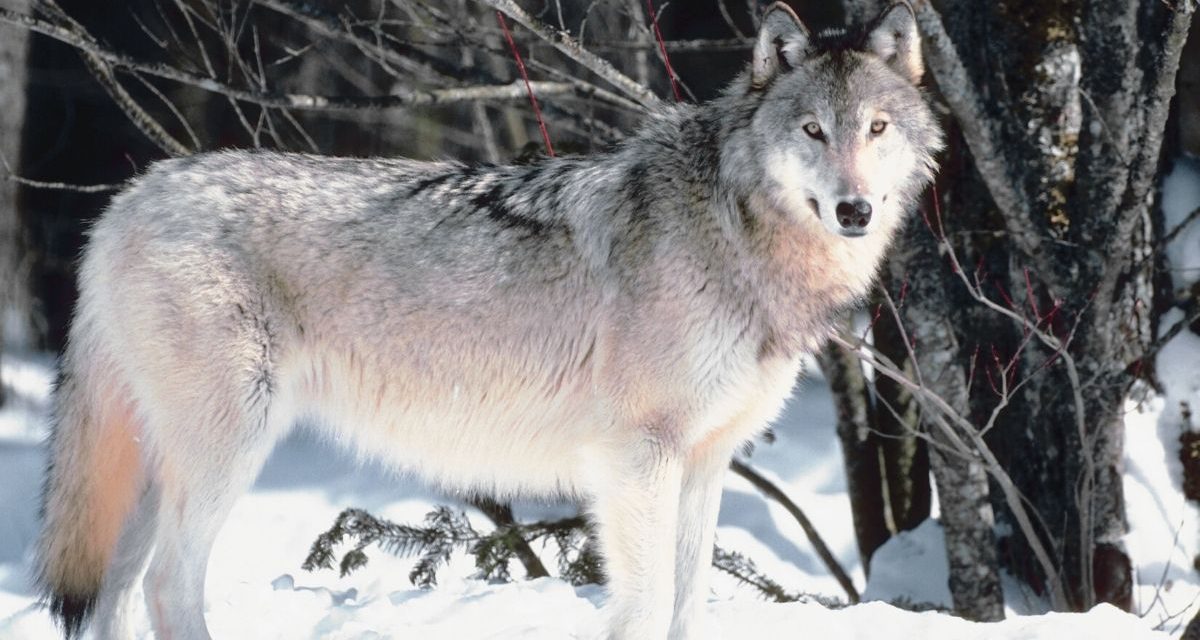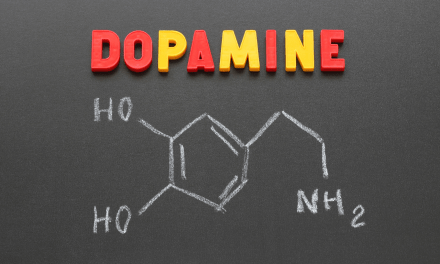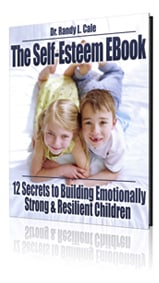A wise, aged Cherokee leader is teaching his grandson about life. “A fight is going on inside me,” he said to the boy. “It is a terrible fight and it is between two wolves. One is evil – he is anger, envy, sorrow, regret, greed, arrogance, self-pity, guilt, resentment, inferiority, lies, false pride, superiority, and ego.”
He continued, “The other is good – he is joy, peace, love, hope, serenity, humility, kindness, benevolence, empathy, generosity, truth, compassion, and faith. The same fight is going on inside you – and inside every other person, too.”
The grandson thought about it for a minute and then asked his grandfather, “Which wolf will win?”
The old Cherokee simply replied, “The one you feed.”
Which Wolf Do You Feed?
Many of the thoughts, beliefs, and habits we live with evolving from experiences and teachings over which we have little control. Our biology sets up an environment where genetics, hormones, food, and exercise all influence which parts of our brain get turned on or off. Add to this the fact (now well documented with solid research) that almost every experience we have impacts genetic expression, further complicating which parts of the brain are turned off or on. There are literally countless factors affecting any moment in our lives.
Said differently, studies suggest we have roughly 12,000 to 15,000 thoughts per day. Most of the thoughts that arise in our minds are not in our conscious control. They simply show up.
Essentially, it’s like the good wolf or the bad wolf presents itself, and we did not ask for one or the other.
This could suggest that we are powerless over our thoughts and our mind. But this would be a lie. The story about the wise old Cherokee leader points us to where our power resides. Do we feed the evil wolf or the good wolf?
This WILL determine our destiny. Will we be happy? Will we initiate activities that serve our health and well-being? Will we be kind, honest, and humble?
Or will we be rude, angry, arrogant? Will we lie to protect our ego? Will we think of ourselves as better than others? Will we treat others with disrespect, judgment, and condemnation?
These are the two inner wolves we either feed or not?
How Do We Feed the Wolves Inside?
When we wake up grumpy, do we simply feed that grumpiness and take it out on the world? If we do, we are feeding the evil wolf. Or, do we set an intention to be loving and kind, and start acting in loving ways to feed that good wolf?
When someone cuts us off in traffic, do we yell, flash symbols of hate, and tell stories of their epic betrayal of the rules of the road? If we do, we feed the evil wolf. Or, do we break gently, send love their way, and hope that they reach their destination safely? When we do, we will feel the benefits of feeding the good wolf.
When our children bark out commands and speak with disrespect, do we bark back and command them to speak kindly (while our words are the opposite of kind)? No problem, if we don’t mind feeding that evil wolf again! Or, do we simply ignore them, understand that this is a phase of growing up, and keep our hearts in the space of love? No doubt, the good wolf feels fed.
Our Power Comes from The Moment of Choice: Do We Feed or Starve?
The reactive, angry, or ugly thoughts arise on their own. At other times, loving and kind thoughts arise. What arises is not within our immediate power to control. Thus, destiny (that we direct) is not shaped by what arises.
Instead, it is shaped by what we do with what arises.
There is that singular, critical moment within when we can become one with the evil wolf…or we can turn away, take a deep breath, and starve the evil wolf.
At that moment, we can then choose an intention to be kind, loving, understanding, and thoughtful. At that moment, we can feed the good wolf and watch it grow strong and powerful.
If we do this with regularity, the good wolf comes to dominate our lives. The thoughts that then arise become more and more influenced by our past habits of feeding the good wolf. In this way, the moments of choices become easier and easier as the good wolf comes to own the inner territory of our minds.
And then, life is good.















